10 Most Dangerous Cities In The US: Unveiling America's Riskiest Urban Centers
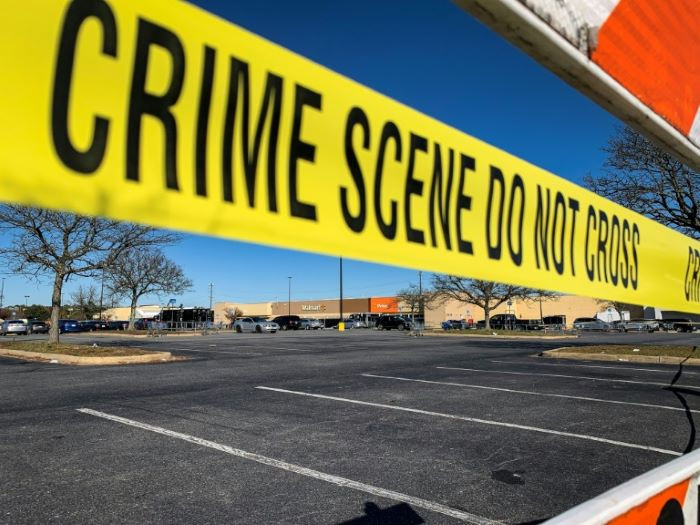
The issue of safety in America's most dangerous cities is multifaceted, influenced by a combination of socioeconomic factors, community dynamics, and law enforcement strategies.
From bustling urban centers to smaller communities, these cities grapple with various challenges, including high rates of violent crime, property crime, and socioeconomic disparities. Despite ongoing efforts to address these issues, they continue to face significant obstacles in ensuring the safety and well-being of their residents.
Amidst these complex dynamics, the issue of gun laws and access to firearms often emerges as a crucial component. While efforts to address crime and improve public safety are ongoing, there's no one-size-fits-all solution.
Let's explore some of the most dangerous cities in the U.S. and the factors contributing to their reputations.
1. Birmingham, Alabama: Tops in crime rate
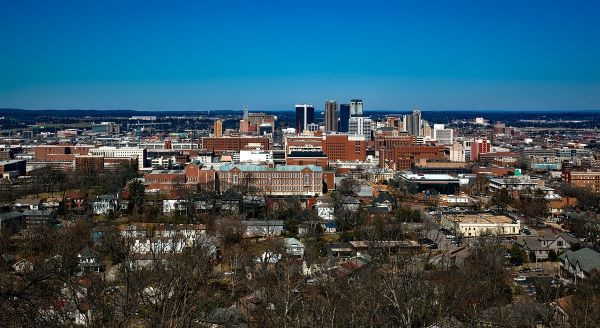
In Birmingham, Alabama, the crime rate stands at 60 incidents per one thousand residents, ranking among the highest in the nation across communities of all sizes. The likelihood of experiencing either violent or property crime is estimated at one in 17 individuals. Specifically, the violent crime rate, encompassing offenses such as murder, manslaughter, rape, robbery, and aggravated assault, reached 1,682 incidents per 100,000 residents. Additionally, the property crime rate, including burglary, larceny, and vehicle theft, reached 4,173 incidents per 100,000 residents. These statistics highlight the significant challenges posed by crime in Birmingham, underscoring the need for effective measures to ensure the safety and security of its inhabitants.
2. Detroit, Michigan: Impact of urban decay
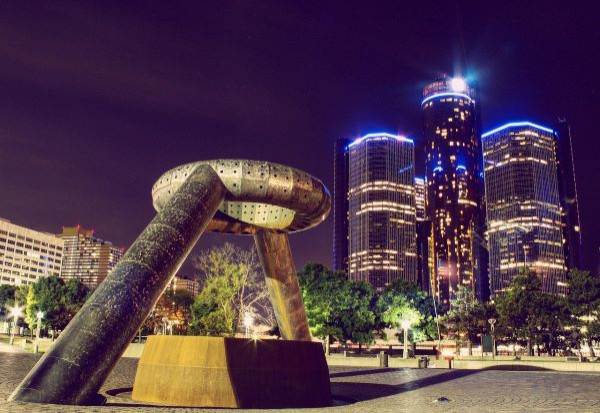
Frequently identified as one of America's most perilous urban areas, grapples with persistently elevated levels of crime. Detroit stands alone among midsize or large cities in the U.S., surpassing a violent crime rate of 2,000. The city's economic opportunities are scarce, reflected in an annual unemployment rate of 9.0%, and a staggering 37.9% of its residents living below the poverty line. Despite concerted efforts to rejuvenate specific neighborhoods and curb criminal activity, Detroit remains entrenched in significant social and economic hurdles, evidenced by a violent crime rate of 2,007.8 incidents per 100,000 individuals in 2018, with 261 reported homicides. The city's notoriety stems from its soaring rates of violent offenses, including homicides, aggravated assaults, and robberies, alongside rampant property crime. Contributing to this challenging environment are economic downturns, widespread unemployment, poverty, and the pervasive effects of urban decay.
3. Memphis, Tennessee: Increase in crimes risks public safety

In Memphis, Tennessee, the crime rate score stands at 20.1, reflecting the prevalence of criminal incidents. The likelihood of encountering danger is estimated at 1 in 50 people, underscoring the city's challenges in terms of public safety. These metrics emphasize the importance of addressing and mitigating crime in the region to enhance the well-being of its residents. Crime scenes in Memphis can vary widely, from urban neighborhoods to suburban areas. Factors such as poverty, gang activity, and drug trafficking contribute to the city's crime rate.
4. New Orleans, Louisiana: High crime rate
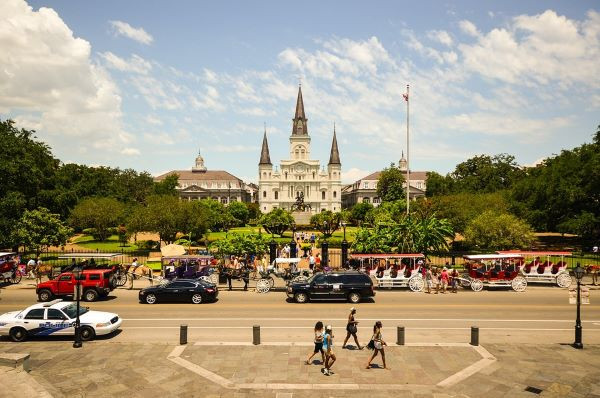
In New Orleans, the crime rate stands at 6,085 incidents per 100,000 residents, surpassing the national average by 161.81%. This places the city among the highest in the nation in terms of total crime rates. From 2020 to 2022, over 200 murders occurred annually, marking these years as the peak for homicide rates nationwide. In 2022 alone, New Orleans witnessed 266 killings, reflecting the ongoing challenge of violent crime in the city.
5. St. Louis, Missouri: Among the highest in crime rates

With a crime rate of 87 incidents per one thousand residents, St. Louis ranks among the highest in the nation in terms of overall crime rates across communities of all sizes. The likelihood of experiencing either violent or property crime here is estimated at one in 11 individuals. Through strategic investments in crime prevention, intervention, and enforcement, St. Louis achieved significant progress, witnessing a 21 percent reduction in homicides in 2023 compared to the previous year, with 158 incidents recorded, marking the lowest murder rate in a decade. This accomplishment also represents one of the most substantial year-over-year reductions in violent crime in the city's history, spanning 90 years.
6. Baltimore, Maryland: No dip in violent crimes
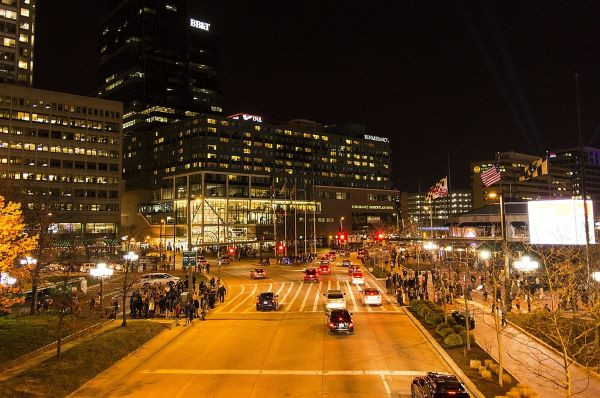
With a crime rate of 48 incidents per one thousand residents, Baltimore ranks among the highest in America for crime rates. The likelihood of falling victim to either violent or property crime in this city is estimated at one in 21 individuals. Between 2022 and 2023, approximately 37,000 crimes were reported. Considering the city's population size, the Baltimore crime rate equates to around 64.2 crimes per 1,000 residents. Of particular concern are violent crimes, including homicides, assaults, and robberies, which present significant challenges for community safety.
7. Little Rock, Arkansas: Violent crimes still high
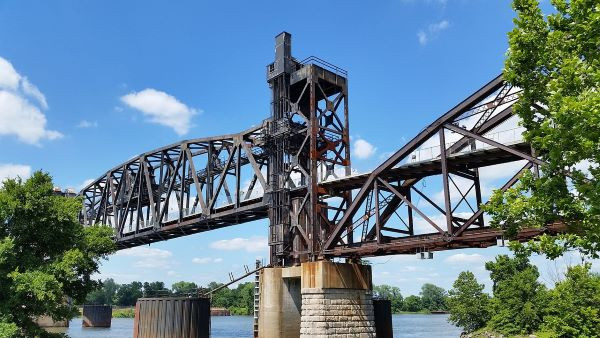
In Little Rock, the crime rate stands at 72 incidents per one thousand residents, indicating a considerable challenge in terms of community safety. The likelihood of experiencing either violent or property crime in this city is estimated at one in 14 individuals. Furthermore, the rate of violent crime in the state of Arkansas is 709 incidents per 100,000 residents.
8. Cleveland, Ohio: Gun laws too lenient
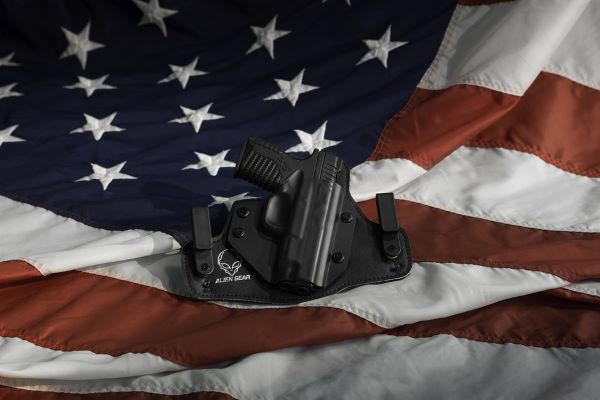
With a crime rate of 60 incidents per one thousand residents, the likelihood of experiencing either violent or property crime in this area is estimated at one in 17 individuals. While murder rates are declining in many U.S. cities, Cleveland presents a concerning contrast. Data reveals a 13.46% increase in homicides in 2023. The existing challenges with violent crime, especially homicides, have been further exacerbated by the pandemic. Ohio's lenient gun laws contribute to easy access to firearms for anyone. Moreover, Cleveland's shrinking police force and its failure to implement recommendations from experts to strengthen its homicide unit compound the city's crime-related difficulties.
9. Milwaukee, Wisconsin: Surge in property crimes
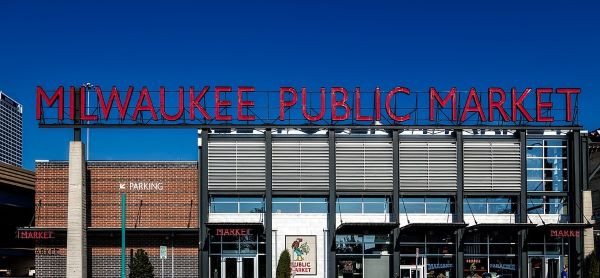
Milwaukee, affectionately known as "America's Dairyland," garnered attention in 2020 due to FBI data highlighting its concerning levels of violent crime. The city reported 1,597 incidents per 100,000 residents, starkly exceeding the national rate of 399 incidents per 100,000. This significant disparity indicated that Milwaukee's rate was 300% higher than the national average as of September 2023. Notably, property crime rates have surged in larger cities like Milwaukee, with a notable increase of 22% over the past year. Car thefts and burglaries rank among the most prevalent property crimes, with nearly 1,000 theft instances and over 200 stolen cars recorded in 2022 alone. The risk of violent crime remains alarmingly high, with an average of 2 assaults occurring per week, despite the city's relatively modest population of barely 60,000 residents.
10. Kansas City, Missouri: Leads in homicide rate

With a crime rate of 6,197 incidents per 100,000 residents, Kansas City's crime rate exceeds the national average by 166.62%. The probability of experiencing violent crime in Kansas City is 1 in 67, while the likelihood of encountering property crime is 1 in 21. In 2021, the city recorded 157 homicides, followed by 171 killings in 2022. As of mid-November 2023, the number of homicides has risen to 176, underscoring the persistent challenge of violent crime in the area.
An urgent need to comprehensive solutions
The challenges faced by America's most dangerous cities underscore the urgent need for comprehensive solutions to address crime and enhance public safety. These cities grapple with complex issues such as poverty, unemployment, and social inequality, which contribute to elevated crime rates. Additionally, factors like inadequate policing resources and lenient gun laws further exacerbate the problem. To effectively tackle these challenges, concerted efforts are required at the local, state, and federal levels. This includes investing in community-based initiatives, implementing effective crime prevention strategies, and enacting sensible gun control measures.
© Copyright IBTimes 2024. All rights reserved.





















